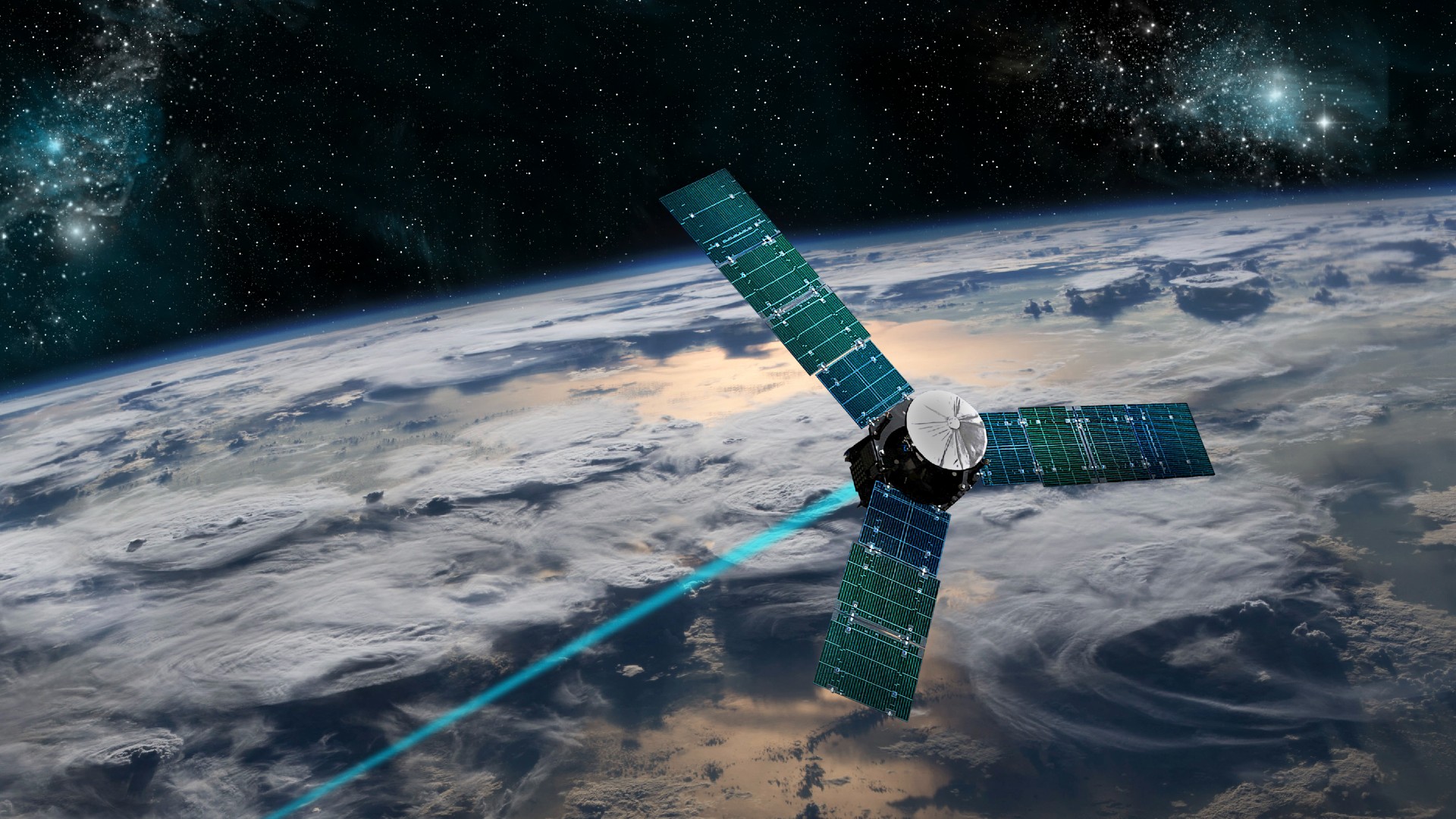Spies and hackers are targeting the US space industry: report
The warning comes as the U.S. space economy is predicted to reach $1 trillion by 2030.

U.S. intelligence agencies have issued a warning about foreign spies targeting the American space industry as well as cyberattacks against the nation's satellite infrastructure.
The National Counterintelligence and Security Center (NCSC), part of the U.S. Office of the Director of National Intelligence, issued a bulletin on Aug. 18 warning that foreign intelligence agencies could use cyberattacks, shell companies or old-fashioned espionage to collect sensitive information about American space capabilities or innovative technologies. The warning also touches upon the use of counterspace systems like satellite jamming or hacking to disrupt or degrade U.S. satellite systems.
According to the NCSC bulletin, foreign intelligence agencies "recognize the importance of the commercial space industry to the U.S. economy and national security, including the growing dependence of critical infrastructure on space-based assets." The statement offers a set of guidelines to help private companies mitigate any potential damage these espionage attempts might cause. The warning comes at a time when investment in the U.S. space sector is reaching new highs and America's satellite infrastructure continues to grow to an unprecedented scale.
Related: These 3 teams just hacked a US Air Force satellite in space ... and won big cash prizes
NCSC lists a variety of ways that foreign intelligence agencies can gain access to the space industry in order to acquire access to expertise or new technologies. Some of the spying methods listed are seemingly innocuous, such as approaching space industry experts at conferences or contacting them through online forums to elicit information.
Others are more tied up with business dealings. Foreign intelligence agencies often attempt to gain access to sensitive information through using joint ventures or shell companies to invest in space companies in order to gain access, or through buying their way into the supply chain that American aerospace firms depend on to source parts and materials.
Some of the methods listed are more explicit, such as carrying out cyberattacks or hacking into private networks to steal intellectual property. In 2021, NASA was one of nine agencies that was targeted by the SolarWinds breach, a massive cyberattack that agency leadership called a "wakeup call" in terms of securing the networks on which it depends to store and disseminate sensitive technical data.
Breaking space news, the latest updates on rocket launches, skywatching events and more!
In addition to warning the private space industry, NCSC's bulletin states that foreign intelligence agencies can harm U.S. national security through "collecting sensitive data related to satellite payloads, disrupting and degrading U.S. satellite communications, remote sensing and imaging capabilities," and targeting American commercial space infrastructure during international conflicts.
That last scenario has been playing out since Russia's invasion of Ukraine in February 2022. According to SpaceX's Elon Musk, the company's Starlink internet communications satellites have been the target of frequent cyberattacks and jamming attempts. "Some Starlink terminals near conflict areas were being jammed for several hours at a time," Musk posted to X (formerly known as Twitter) in March 2022. The United States Space Force reported that GPS signals throughout Ukraine have been repeatedly jammed, as well.
And it's not just satellites above Ukraine that are being targeted. General David D. Thompson, vice chief of space operations for the United States Space Force, told The Washington Post in 2021 that U.S. satellites are under attack "every single day."
Of course, the United States is refining its own methods of disrupting adversary space assets. The Space Force recently created its first unit dedicated to targeting other nations' satellites and has been training its personnel using 'live fire' satellite jamming.

Brett is curious about emerging aerospace technologies, alternative launch concepts, military space developments and uncrewed aircraft systems. Brett's work has appeared on Scientific American, The War Zone, Popular Science, the History Channel, Science Discovery and more. Brett has degrees from Clemson University and the University of North Carolina at Charlotte. In his free time, Brett enjoys skywatching throughout the dark skies of the Appalachian mountains.
